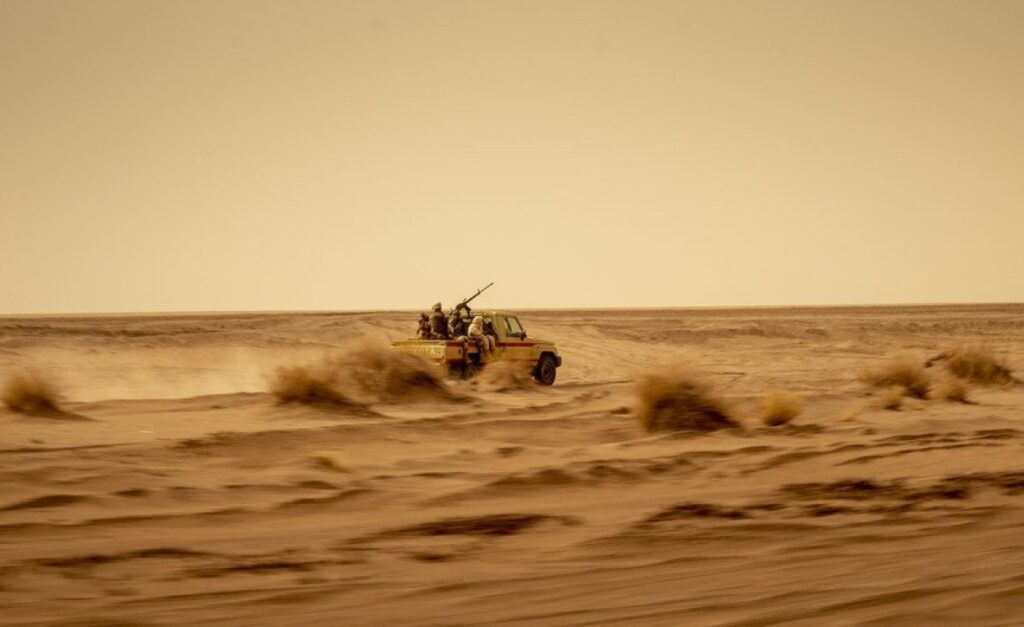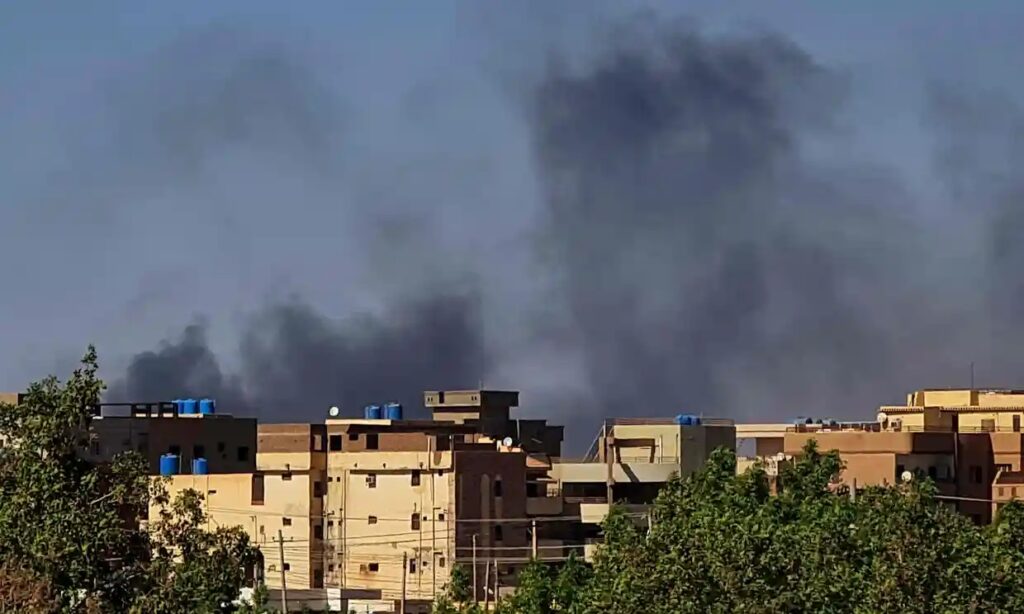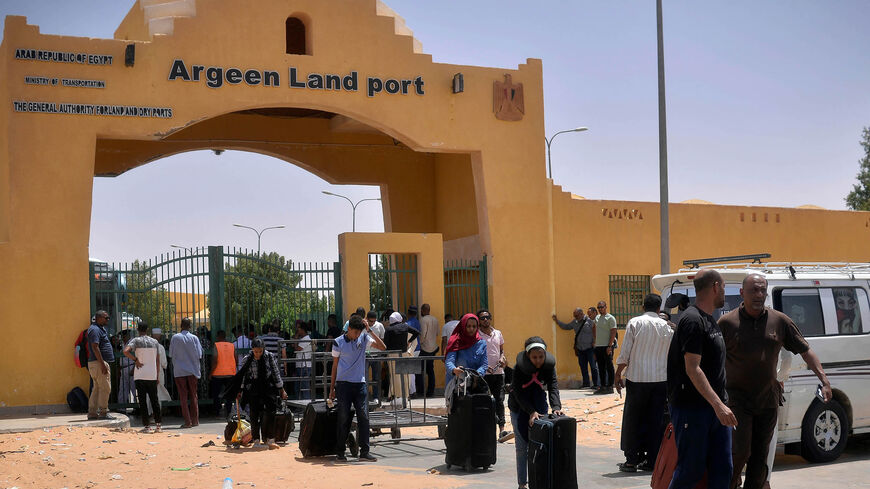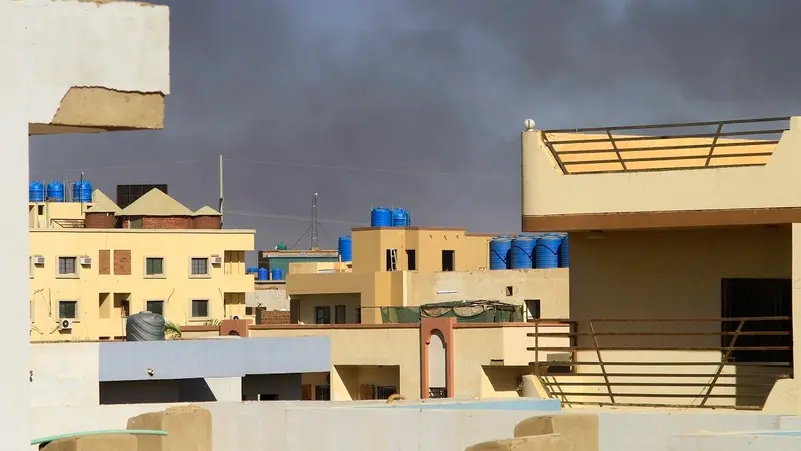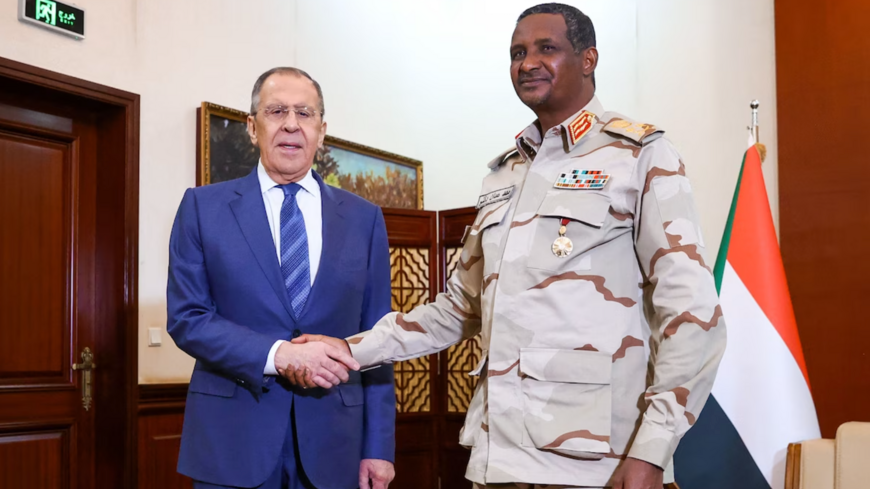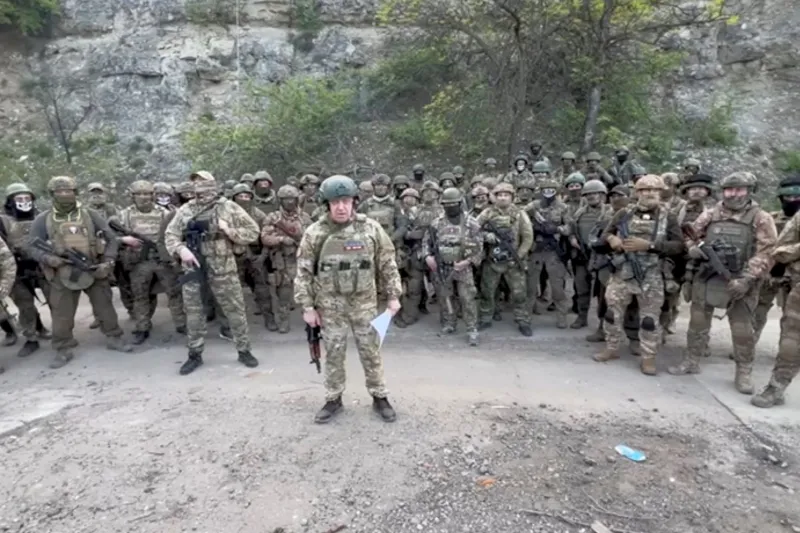For a decade, gold exploitation, legal or illegal and official or informal, has known a speedy expansion throughout the Sahel. Its actors are numerous and range from Canadian and Russian multinationals to small informal local operators. Financial incomes and especially jobs creations, even dangerous ones, are considerable for all: private companies, governments and small operators as well as their equipment suppliers often from Middle East. More than other industrial activities, gold mining in the Sahel has a confirmed impact on the health of workers and on the environment. This is especially true of its informal activities. The wells, dug to reach the ore as well as the use of mercury to separate gold from the rock, are mortal and lasting dangers for all: people and nature. For many observers this informal gold exploitation has obvious links with radical groups. Faced with multiple international controls on financial transfers, they therefore have found sources of a local, sustainable and unrestrained funding. Thus, destabilizing the formal local gold exploitation gives them more space and freedom to access local sources of revenues far from the many national and international controls or surveillances of money transfer. The recent murderous evasion of four terrorists from Nouakchott main civilian prison, already a privilege, is a latest power demonstration of these groups various and powerful networks in the Sahel. The paper below, on gold mining in Burkina Faso, shows the importance of this mineral precious but not only for governments and private companies. – Ahmedou Ould Abdallah, President, centre4s.org

